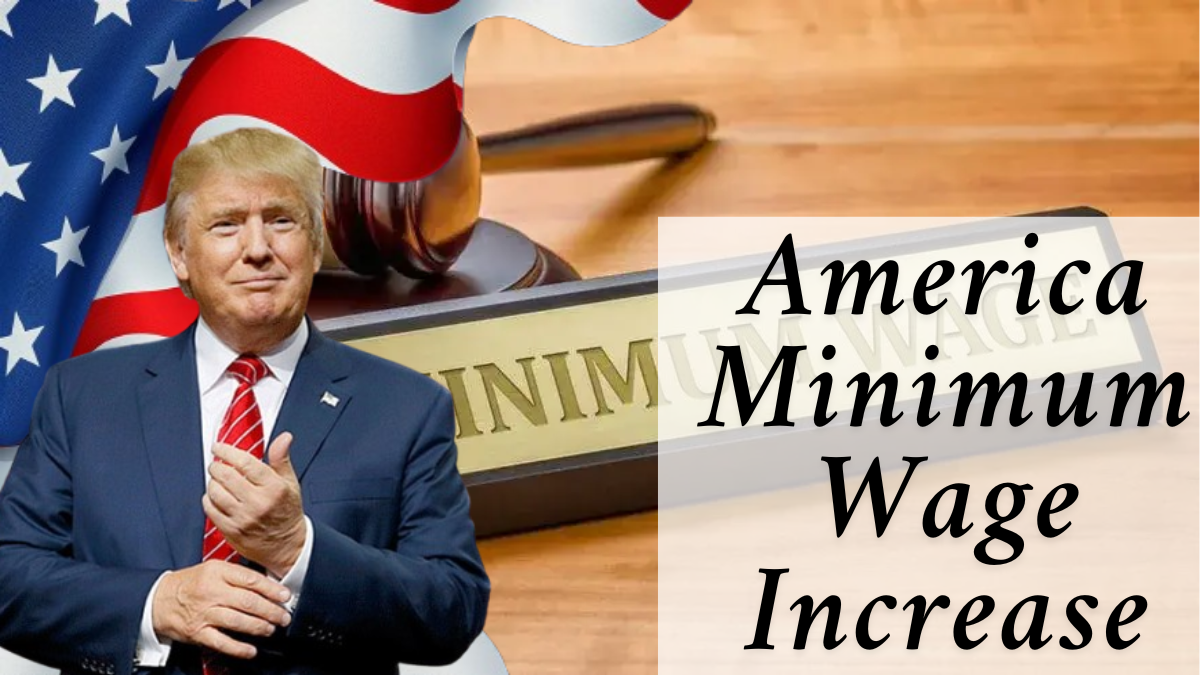Why Are States Raising Minimum Wages?
Despite the federal minimum wage being stuck at $7.25 per hour since 2009, inflation and increased living costs have spurred many states and cities to take independent action. The reasons for these wage increases include:

- Combating Inflation: Linking wages to the Consumer Price Index (CPI) helps ensure salaries keep pace with rising living expenses.
- Supporting Low-Income Workers: Higher wages provide financial relief to those struggling to afford basic needs.
- Reducing Income Inequality: Raising wages helps close the gap between low-wage earners and those with higher incomes.
- Boosting Local Economies: Increased wages lead to greater consumer spending, benefiting local businesses.
Summary Table Of Minimum Wage Increases Across the U.S.
| Aspect | Details |
|---|---|
| Federal Minimum Wage | $7.25 per hour (unchanged since 2009) |
| States Increasing Wages | Over 25 states and localities |
| Highest State Minimum Wage | California ($20.70/hr for fast-food workers) |
| Effective Date of Changes | January 1, 2025, with some adjustments mid-year |
| Tipped Minimum Wage Variations | Varies by state, with some states eliminating tip credits |
| Impact on Employees | Increased earnings, improved financial stability |
| Impact on Employers | Higher payroll expenses, compliance adjustments |
| Official Resource Link | U.S. Department of Labor |
State-by-State Minimum Wage Updates for 2025
Here’s a detailed look at the minimum wage changes across select states in 2025:
| State | New Minimum Wage (2025) | Tipped Wage | Notable Changes |
| California | $16.50/hr | No Tip Credit | Fast-food workers to earn $20.70/hr |
| Washington | $16.66/hr | No Tip Credit | Adjusted annually based on CPI |
| New York | $16.50/hr (NYC/LI/WC) | $11.00 | Tied to inflation |
| Florida | $14.00/hr (Effective Sep 30) | $11.00 | Gradual increase to $15/hr by 2026 |
| Illinois | $15.00/hr | $9.00 | Final step in scheduled increase |
| Arizona | $14.70/hr | $11.70 | Inflation-based adjustment |
| Ohio | $10.70/hr | $5.35 | Adjusted annually using CPI |
Note: Some cities and counties may implement additional local increases beyond state mandates.
Understanding Tipped Minimum Wage
In certain states, tipped employees such as servers and bartenders may earn a lower base wage, with the expectation that tips will bridge the gap to meet or exceed the standard minimum wage.
- States Without Tip Credits: Some states mandate employers to pay tipped workers the full state minimum wage.
- States Allowing Tip Credits: Employers may pay a reduced base wage, provided the employee’s combined earnings (base wage + tips) equal at least the state minimum wage.
Employees should closely monitor their pay to ensure compliance with state laws and avoid potential wage theft.
Impact on Employees
For millions of American workers, higher minimum wages bring tangible financial benefits, including:
- Increased Take-Home Pay: Enhanced ability to manage living expenses.
- Greater Financial Stability: Reduced reliance on government assistance programs.
- Improved Quality of Life: Access to better healthcare, education, and housing.
Impact on Employers
While wage increases can benefit employees, businesses face specific challenges:
- Higher Payroll Costs: Employers will need to allocate larger budgets for wages.
- Compliance Management: Payroll systems and HR policies must be updated.
- Operational Adjustments: Potential price increases and staff restructuring to offset costs.
Some businesses may also experience reduced employee turnover and increased productivity due to improved job satisfaction.
Frequently Asked Questions (FAQs)
-
How often do states adjust minimum wages?
Many states conduct annual adjustments based on inflation rates or through predetermined legislative schedules. -
Will the federal minimum wage increase in 2025?
No federal increase is scheduled, but state and local governments are continuing to raise wages independently. -
Do small businesses follow state minimum wage laws?
Some states provide exemptions for small businesses; however, most must comply with the new rates. -
How are tipped employees affected?
Tipped employees must earn a combined wage (base pay + tips) that meets or exceeds the standard minimum wage. Employers must make up any shortfalls. -
Where can I find official information on wage laws?
Visit the official U.S. Department of Labor website at www.dol.gov.
Conclusion
The 2025 state-level minimum wage increases reflect a nationwide push to improve the financial well-being of low-income workers. While employees will benefit from higher earnings, employers must navigate operational and financial adjustments. Staying informed on wage regulations, ensuring compliance, and planning for the impacts are essential for both workers and businesses in the evolving wage landscape.
For More Information Click Here